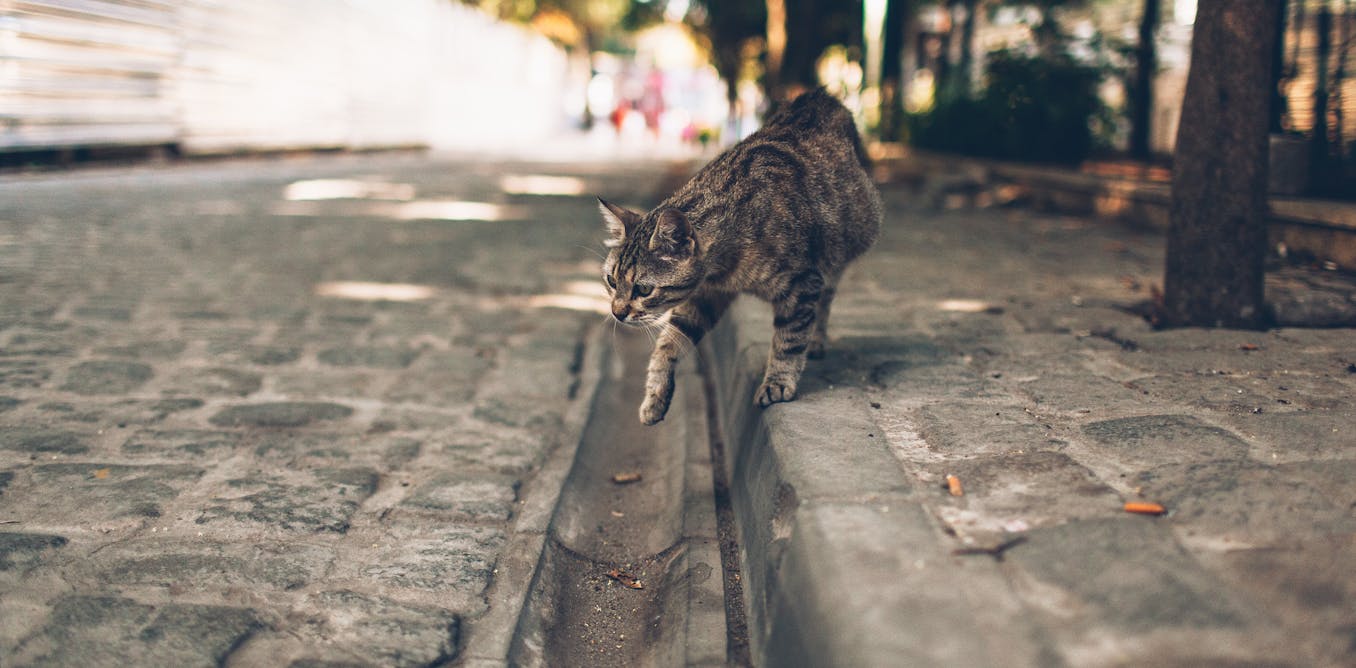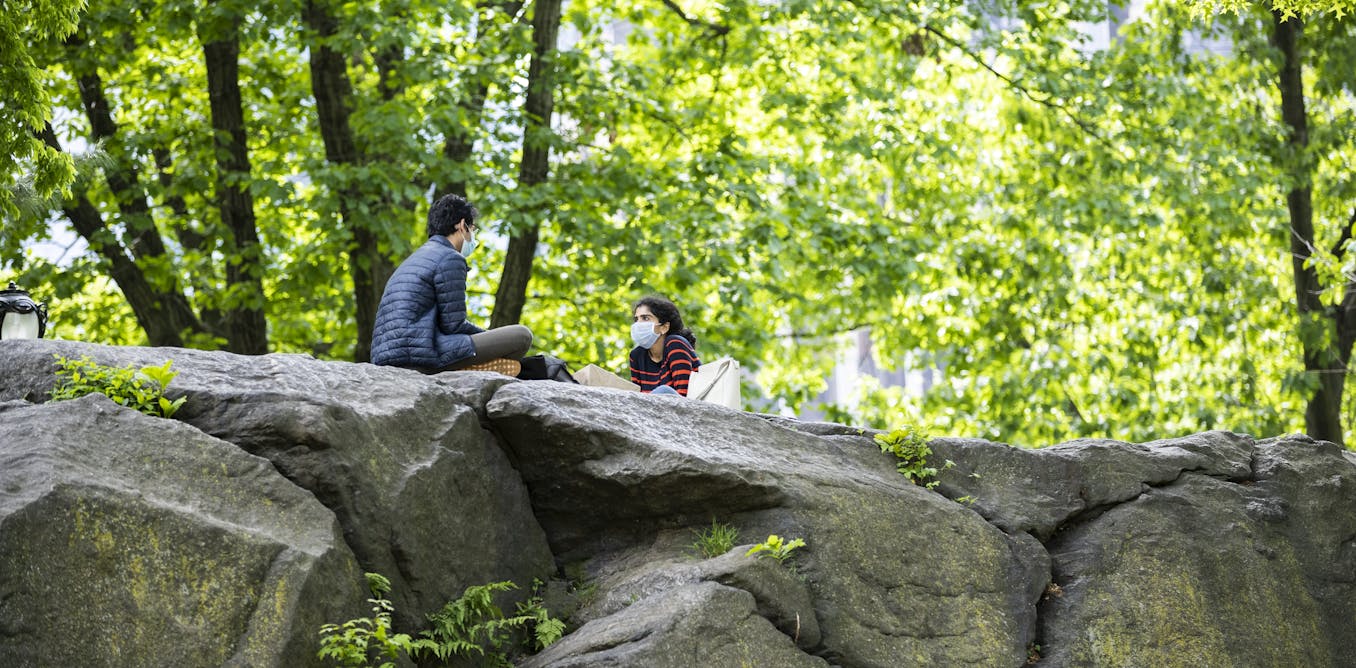To protect wildlife from free-roaming cats, a zone defense may be more effective than trying to get every feline off the street
A new study shows that when free-ranging cats are more than a few blocks from forested areas in cities, such as parks, they’re more likely to prey on rats than on native wildlife.
April 8, 2022 • ~9 min




